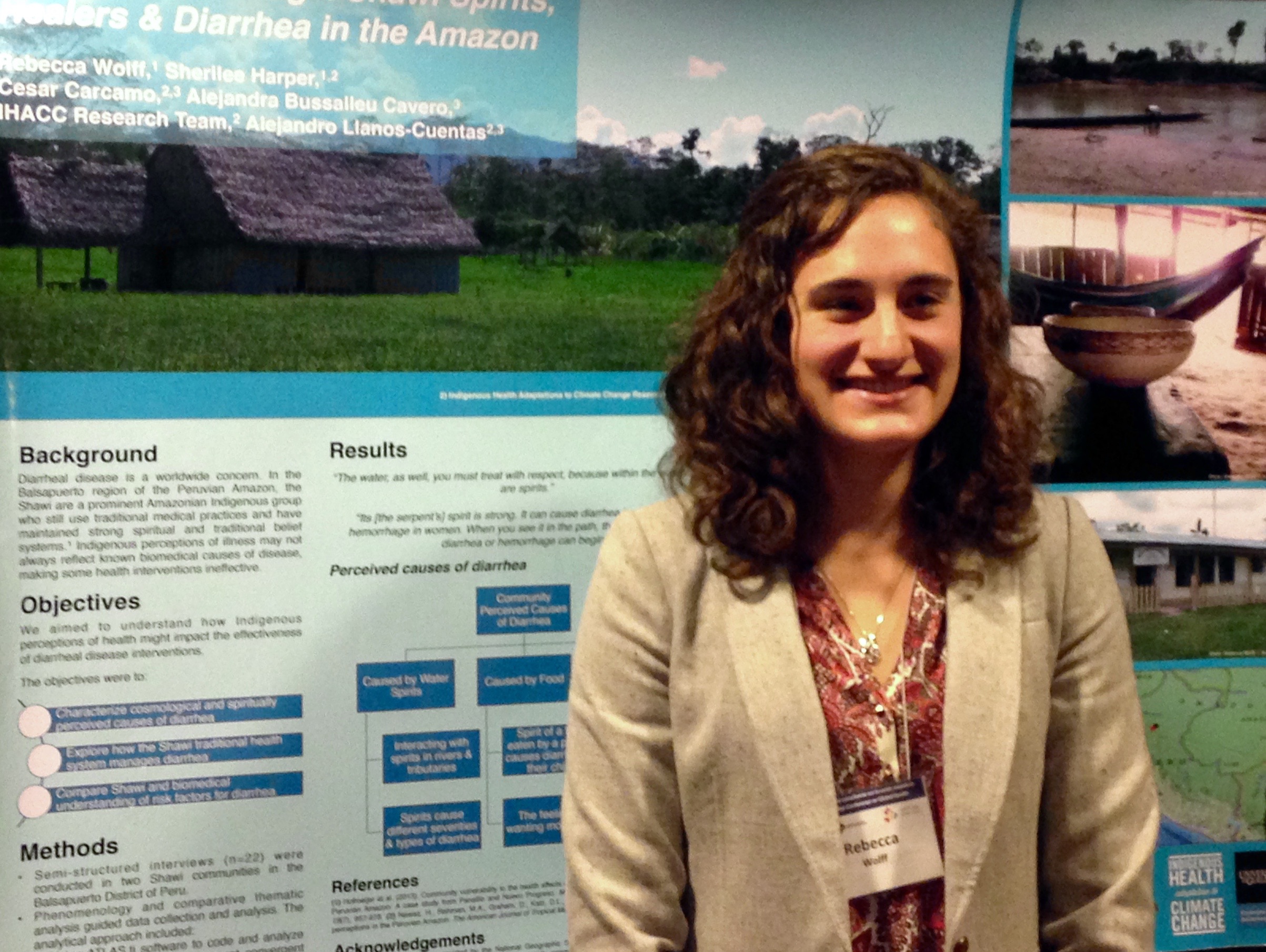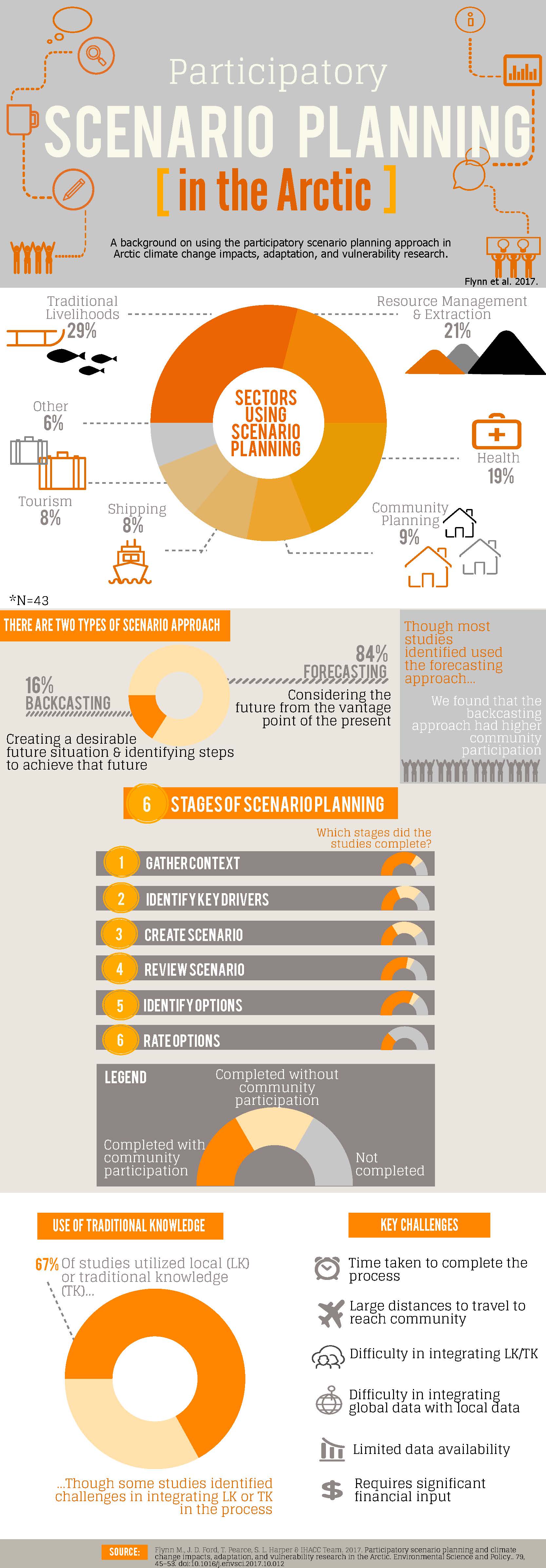Congratulations to Dr. Carol Zaveleta for her recent publication in PLoS One. Her participatory, community-based study was conducted in collaboration with Shawi communities. Together, they worked to characterize the food system of the Shawi in the Peruvian Amazon, climatic and non-climatic drivers of their food security vulnerability to climate change, and identify potential maladaptation trajectories. They found that transformational food security adaptation should include consideration of Indigenous perceptions and priorities, and should be part of Peruvian food and socioeconomic development policies. Click here for free article (open access).
Citation:
Zavaleta, C., Berrang-Ford, L., Ford, J., Llanos-Cuentas, A., Carcamo, C., Ross, N., Lancha, G., Sherman, M., Harper, S.L., IHACC Research Team. (2018) Multiple non-climatic drivers of food insecurity reinforce climate change maladaptation trajectories among Peruvian Indigenous Shawi in the Amazon. PLoS ONE 13(10): e0205714. Click here for free article (open access).
Abstract:
Background: Climate change is affecting food systems globally, with implications for food security, nutrition, and the health of human populations. There are limited data characterizing the current and future consequences of climate change on local food security for populations already experiencing poor nutritional indicators. Indigenous Amazonian populations have a high reported prevalence of nutritional deficiencies. This paper characterizes the food system of the Shawi of the Peruvian Amazon, climatic and non-climatic drivers of their food security vulnerability to climate change, and identifies potential maladaptation trajectories.
Methods and findings: Semi-structured interviews with key informants (n = 24), three photovoice workshops (n = 17 individuals), transect walks (n = 2), a food calendar exercise, and two community dissemination meetings (n = 30 individuals), were conducted within two Shawi communities in Balsapuerto District in the Peruvian Loreto region between June and September of 2014. The Shawi food system was based on three main food sub-systems (forest, farming and externally-sourced). Shawi reported collective, gendered, and emotional notions related to their food system activities. Climatic and non-climatic drivers of food security vulnerability among Shawi participants acted at proximal and distal levels, and mutually reinforced key maladaptation trajectories, including: 1) a growing population and natural resource degradation coupled with limited opportunities to increase incomes, and 2) a desire for education and deforestation reinforced by governmental social and food interventions.
Conclusion: A series of maladaptive trajectories have the potential to increase social and nutritional inequities for the Shawi. Transformational food security adaptation should include consideration of Indigenous perceptions and priorities, and should be part of Peruvian food and socioeconomic development policies.





















 Congratulations to
Congratulations to